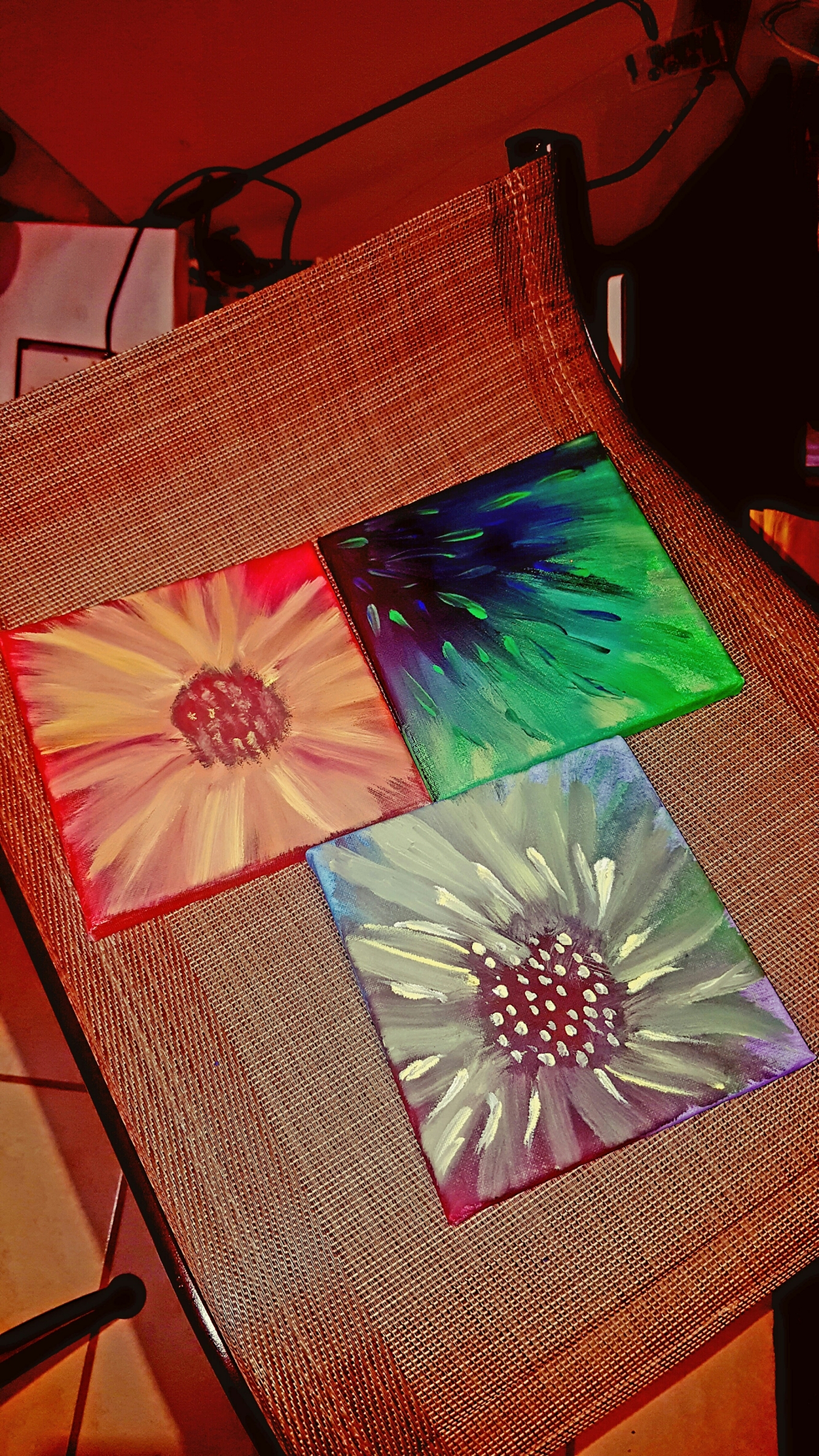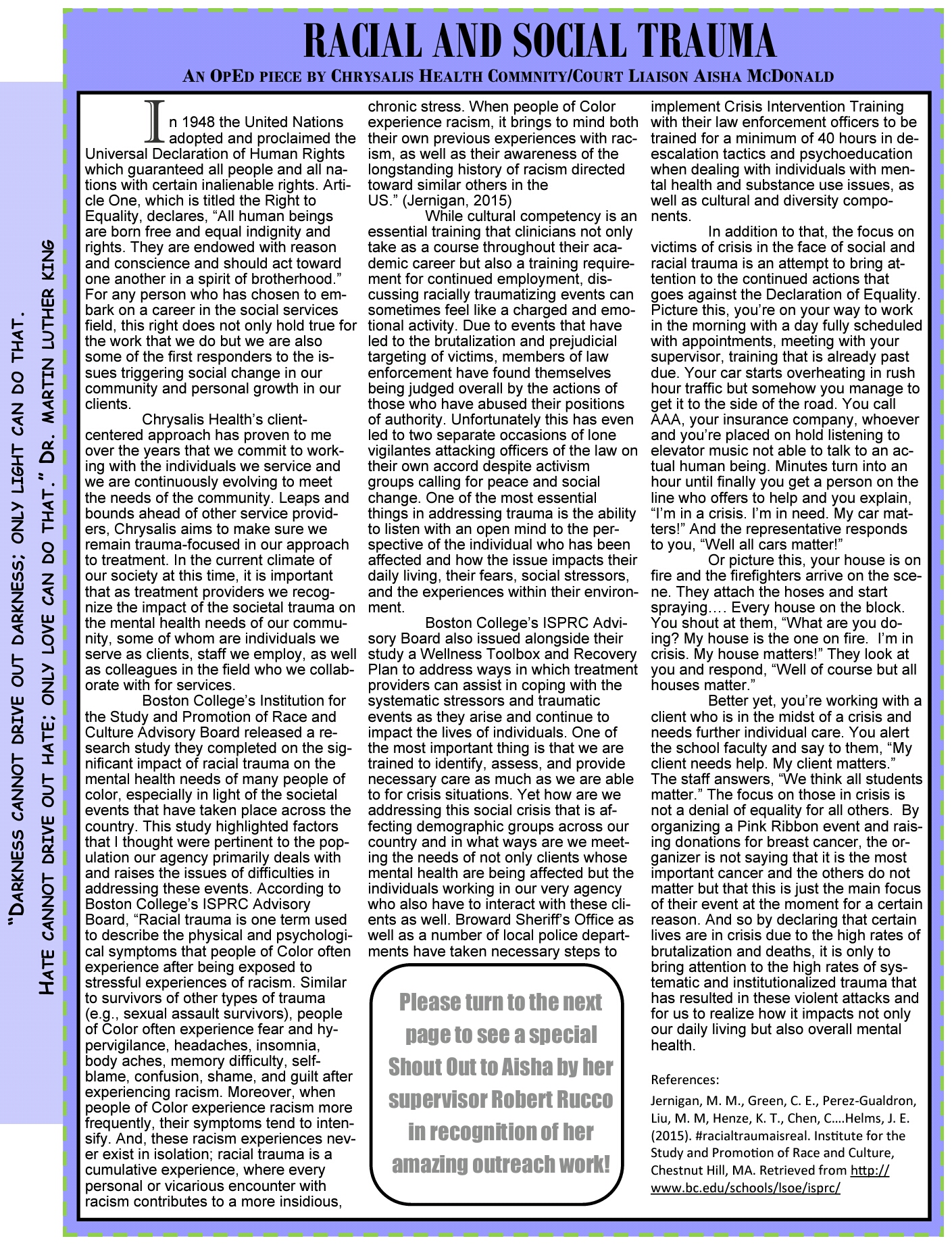I recently read an article that questioned how well do we really know our loved ones. It spoke about how in so many cases it isn’t until after those close to us have passed away that we wish we had asked certain questions. The article challenged to have more open communication with family members, parents in particular, while we still had the opportunity rather than living with regrets and what ifs later on.
Of course this gave me pause, for as close as I am to both my parents I was in fact challenged by the prospect that there was always more to learn about a person. So I sent them a personality questionnaire to complete and of course being my parents they dared me to complete my own as well.
Here is the basic Proust Questionnaire.
1.What is your idea of perfect happiness?
Making sure my loved ones are all safe, secure, taken care of, and happy with their lives and where they want to be.
2.What is your greatest fear?
Failing to meet the standards and goals I’ve set for myself. Disappointing my parents. Frogs and toads.
3.What is the trait you most deplore in yourself?
Procrastinatio/Control Issues/Anxiety
4.What is the trait you most deplore in others?
Lying/Bigotry
5.Which living person do you most admire?
My mother
6.What is your greatest extravagance?
My car and my dog
7.What is your current state of mind?
Anxious about not stressing too much. Trying to attain peace.
8.What do you consider the most overrated virtue?
Humility and righteousness.
9.On what occasion do you lie?
I may omit information that’s not necessary if it will negatively impact someone’s feelings but try not to lie.
10.What do you most dislike about your appearance?
My weight and my discomfort with my body.
11.Which living person do you most despise?
Ignorant people who don’t want to move past their ignorance.
12.What is the quality you most like in a man?
Ambition and honesty and money.
13.What is the quality you most like in a woman?
Strength and drive and nice shoes.
14.Which words or phrases do you most overuse?
Beyoncé lyrics.
15.What or who is the greatest love of your life?
Anika.
16.When and where were you happiest?
Playing make believe with Anika no matter where it was and at what age.
17.Which talent would you most like to have?
Confidence.
18.If you could change one thing about yourself, what would it be?
Social phobia.
19.What do you consider your greatest achievement?
Performing on stage, directing plays, organizing poetry events. Getting my degrees. Paying my own bills like an adult.
20.If you were to die and come back as a person or a thing, what would it be?
A sentient being.
21.Where would you most like to live?
In a home with the person I love that we can afford. Near a beach… always close to a beach, even if I hardly ever go.
22.What is your most treasured possession?
Books. My dog. My heart.
23.What do you regard as the lowest depth of misery?
Poverty.
24.What is your favorite occupation?
Freedom.
25.What is your most marked characteristic?
Creative. My smile. I care.
26.What do you most value in your friends?
Understanding and love.
27.Who are your favorite writers?
My parents.
28.Who is your hero of fiction?
Horton from Dr. Seuss
29.Which historical figure do you most identify with?
Ntozake Shange. Writers and poets of the Harlem Renaissance.
30.Who are your heroes in real life?
The women on both sides of my family.
31.What are your favorite names?
Aisha and Anika.
32.What is it that you most dislike?
Unnecessary shit. Petty arguments. Wasting my time.
33.What is your greatest regret?
Giving in too easily. Holding on too long.
34.How would you like to die?
With dignity. Remembered for doing good things for people. With hope for the best thereafter.
35.What is your motto?
I need a nap.














